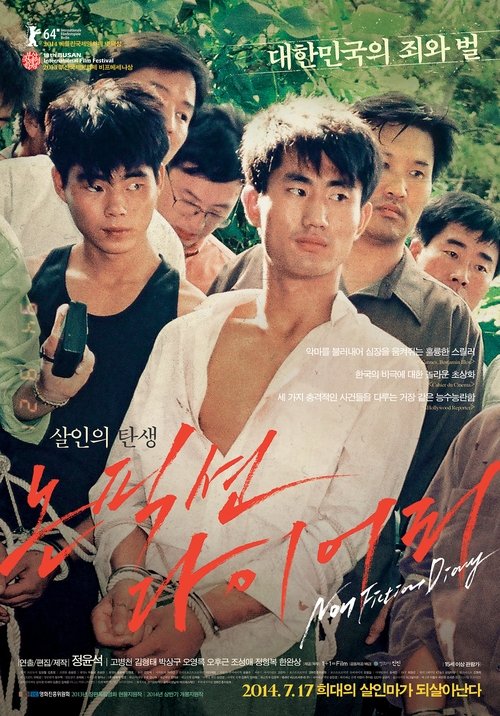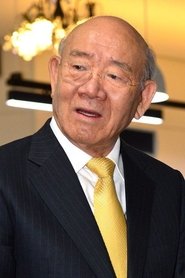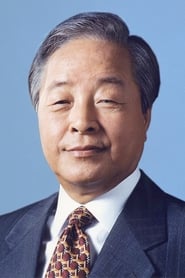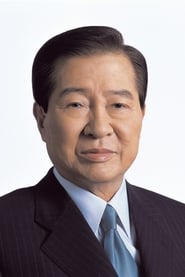
90 mins | Documentary | Feb. 7, 2014
90 mins | Documentary | Feb. 7, 2014

| Producers | Jinjin Pictures, Seesaw Pictures |
| Original title | 논픽션 다이어리 |
| Directors | Jung Yoon-suk |
| Writers |

as Himself (archive footage)

as Himself (archive footage)

as Himself (archive footage)

as Himself (archive footage)